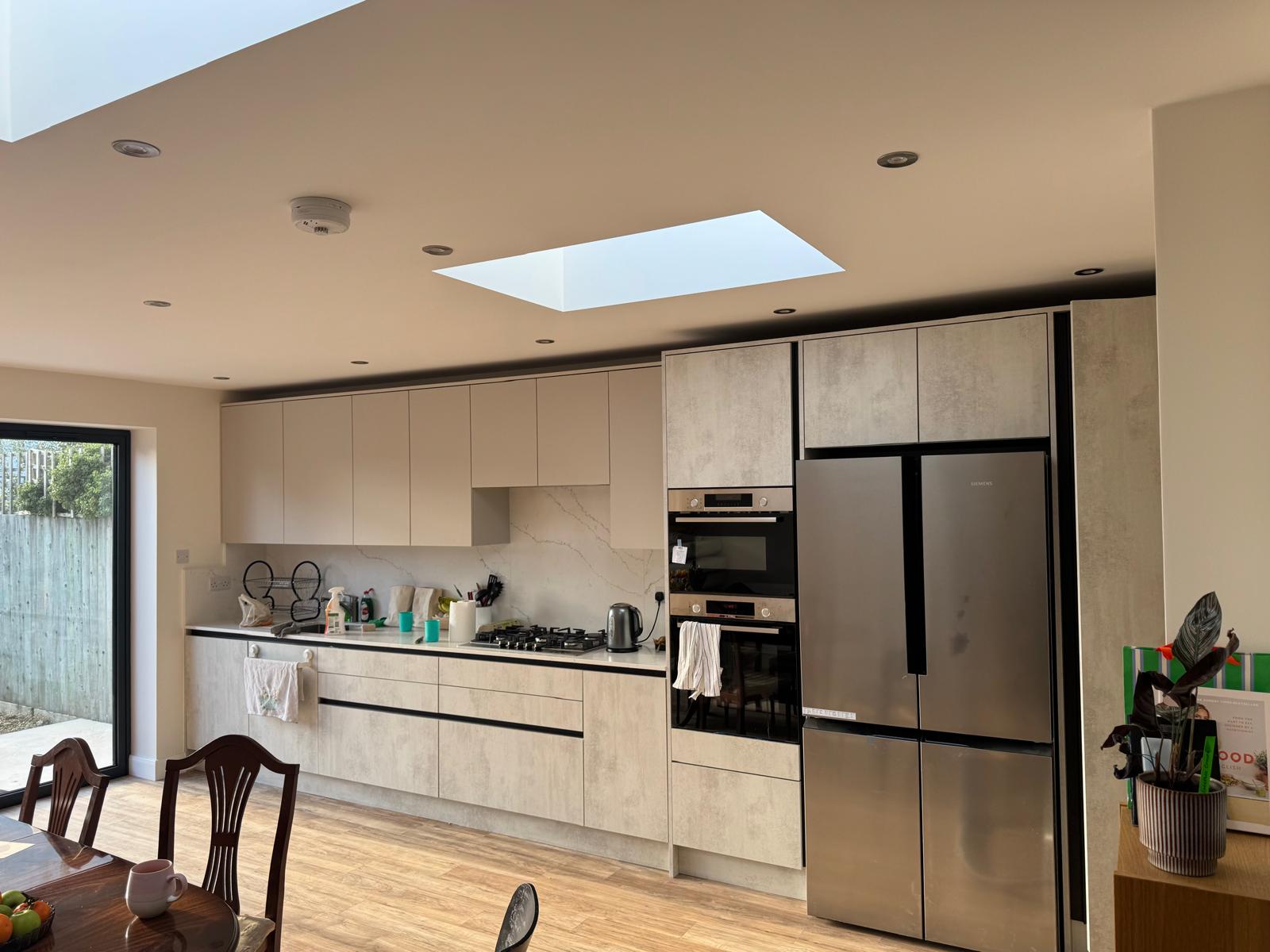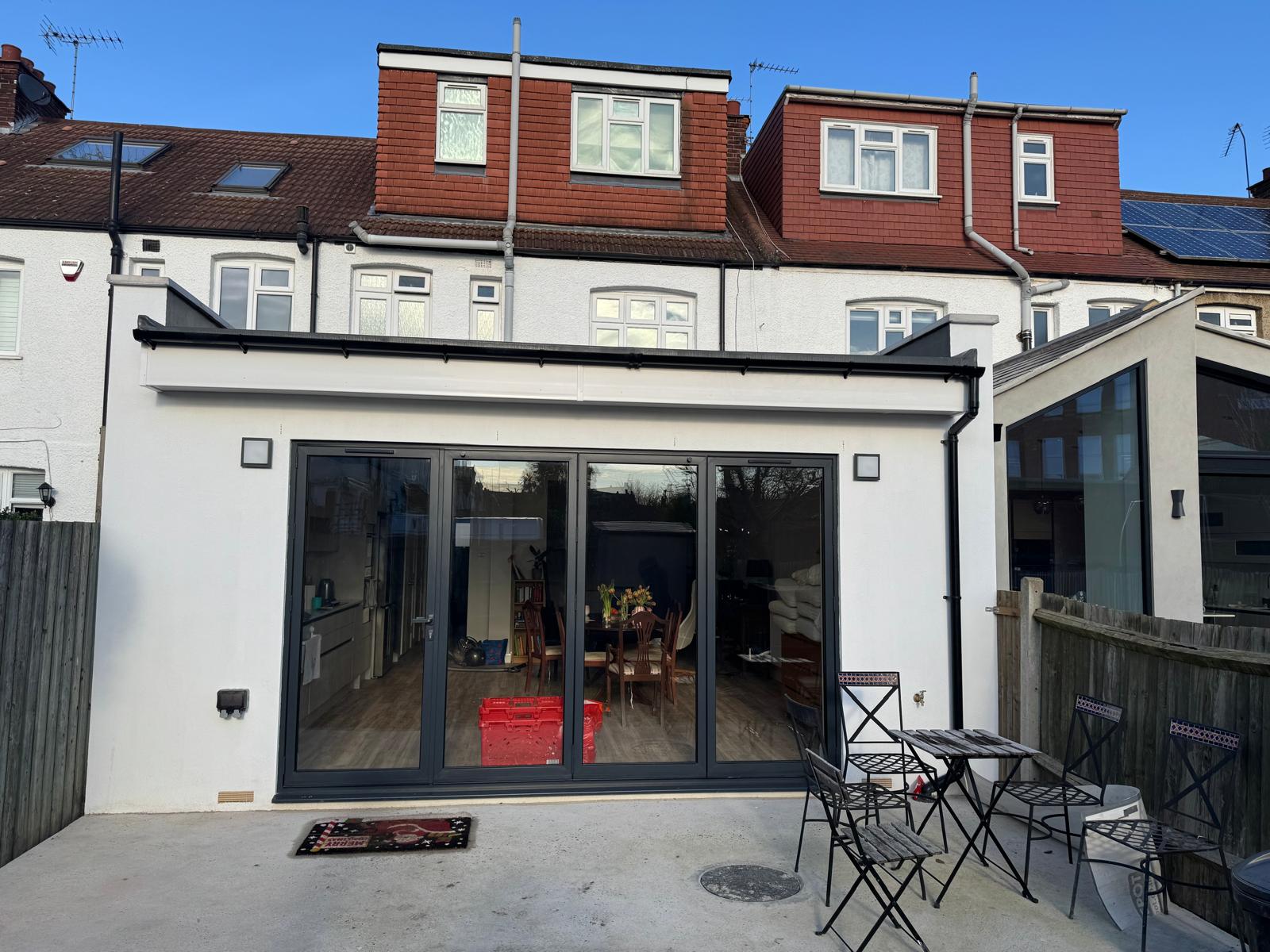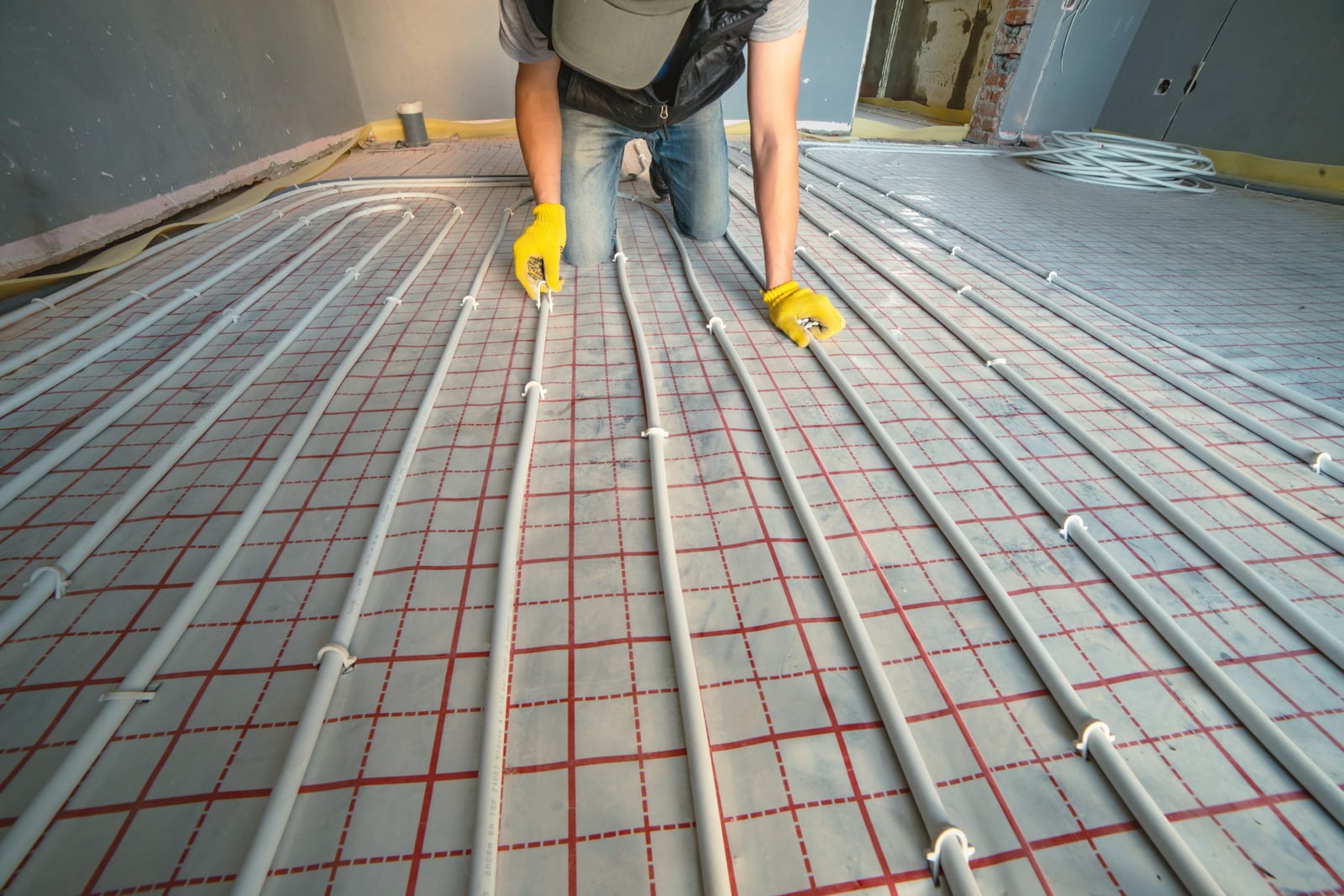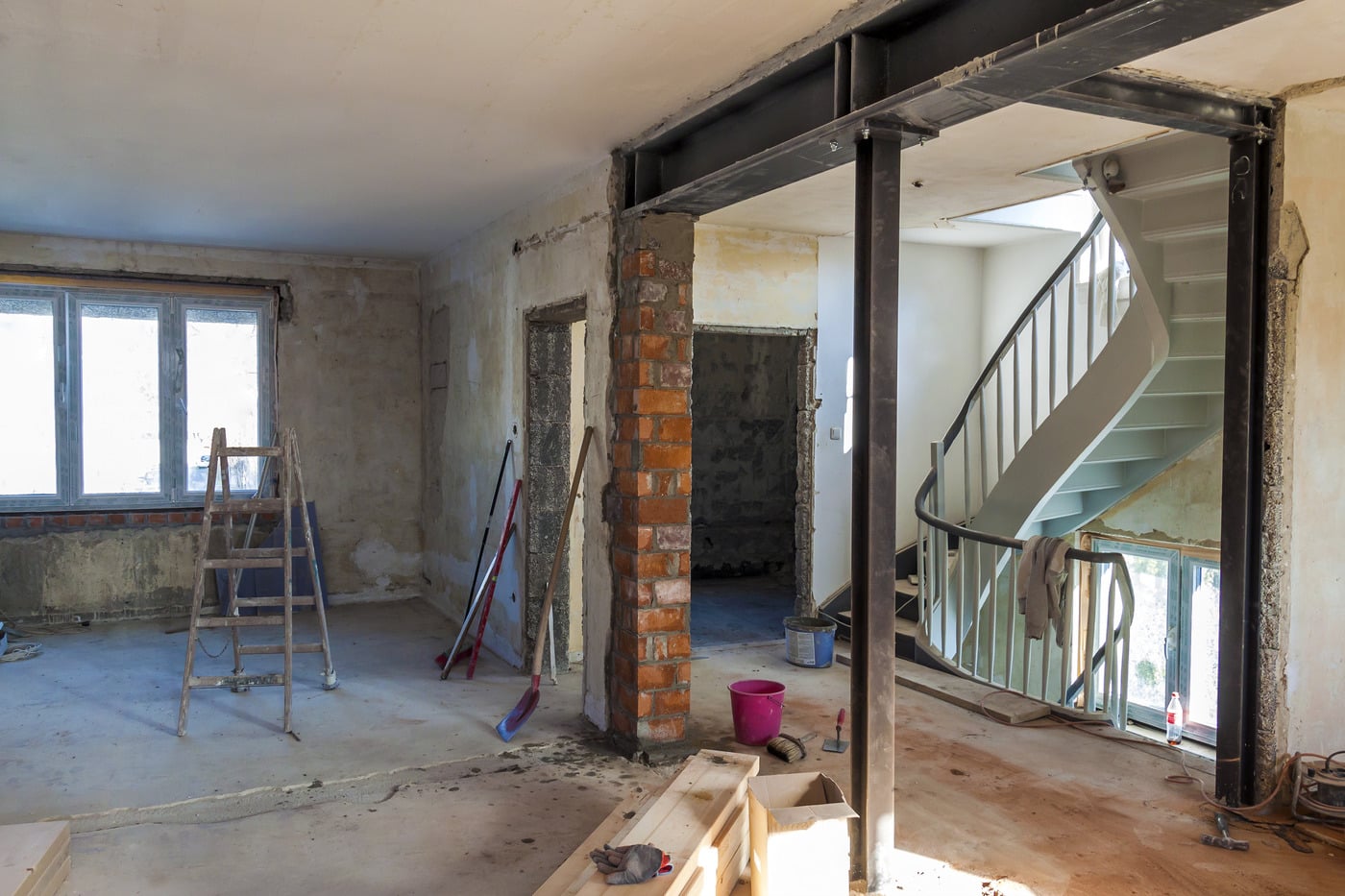Planning a home renovation in London can feel like a huge challenge at first — endless decisions, budgets, and permits.
But with the right mindset and a solid plan, it can also be one of the most rewarding journeys you’ll ever take. Turning a tired property into your dream home is completely achievable when you know what to expect and who to trust.
Over the past 25 years, we’ve helped countless homeowners across London transform their spaces — from small makeovers to full-scale refurbishments.
Here’s a straightforward guide covering the 10 key steps that make any renovation successful — without the stress, chaos, or nasty budget surprises.
Before You Start: The Big Picture
Every great renovation starts with two things: planning and realistic expectations.
Whether you’re revamping one room or giving your whole home a new life, these early steps set the tone for everything that follows.
Here’s what matters most:
- Plan carefully — rushing early stages always costs more later.
- Set a realistic budget (and include at least 10–15% contingency).
- Hire professionals who know London’s building codes inside out.
- Expect the unexpected — old houses love surprises.
- Keep sustainability in mind — it’s good for the planet and your bills.
Step 1: Define Your Vision
Before you start picking paint colours, get clear on your goals.
Ask yourself:
- Do you need more space or better flow?
- Are you modernising, restoring, or reconfiguring?
- How long do you plan to stay in the property?
Having a clear vision gives direction to every decision — from the layout to the lighting.
💡 Tip: Think about both today and five years from now. The best renovations age gracefully.
Step 2: Set a Realistic Budget
Money management can make or break a renovation.
Start by deciding what you can comfortably invest — including a 20% contingency for the inevitable surprises (hidden pipes, structural fixes, material delays).
A good rule of thumb for cost distribution:
- Labour: 40–50%
- Materials: 30–40%
- Professional fees: 10–15%
- Permits & insurance: 5–10%
Remember: in London, prices vary greatly by postcode.
Chelsea and Hampstead aren’t the same as Croydon or Enfield — so tailor expectations accordingly.
Step 3: Plan Your Timeline
Time is another big factor — and patience is key.
Even the most efficient renovation can face weather delays, permit hold-ups, or late deliveries.
Build in buffer time and don’t overpromise yourself. A complete home renovation in London typically takes 3–12 months, depending on size and scope.
If you’re renovating while living in the property, think through logistics — will you need to move out temporarily or can you section off parts of the house?
Step 4: Find the Right Professionals
Your team will make or break your renovation. Hire people who understand London’s building environment — from local regulations to the quirks of Victorian brickwork.
Building the Right Team
A home renovation is only as good as the people behind it — so picking the right team is half the battle won.
Don’t rush this step; good professionals make the process smoother, faster, and far less stressful.
Here’s who you’ll want by your side:
- Architect or Designer: They turn your ideas into workable plans — balancing creativity with what’s structurally possible.
- Main Contractor: The person or company who actually brings the design to life, managing the build, deliveries, and deadlines.
- Project Manager: Think of them as your on-site captain — coordinating trades, budgets, and schedules so nothing slips through the cracks.
- Specialist Trades: The experts — electricians, plumbers, carpenters, decorators. Make sure everyone’s properly certified and insured.
💬 Pro Tip: Don’t just rely on glossy websites. Ask to see a previous project in person, speak with a past client if possible, and check insurance and qualifications before you sign. A trustworthy team is worth its weight in gold.
Turning Ideas into Plans
This is the exciting part — when your ideas start to take real shape.
Start by collecting inspiration: save photos, textures, and layouts that speak to you. It could be a kitchen you saw online or the light in a café you love — anything that captures the atmosphere you want at home.
Once you’ve gathered a few concepts, sit down with your architect or designer. Together, you’ll refine your vision and translate it into something practical — from floor layouts to lighting plans.
Many clients love seeing 3D visualisations at this stage; it helps make decisions feel more real and reduces costly last-minute changes later on.
Things to focus on:
- Natural light and flow.
- Energy efficiency (insulation, windows, heating).
- Material durability and long-term maintenance.
- Maximising every inch — especially in London’s compact homes.
Remember, this stage defines everything else — take your time and get it right.
Step 6: Secure Permits and Approvals
London has strict planning rules, especially for older or listed properties.
Many internal renovations don’t need full planning permission, but structural work, extensions, or basement conversions often do.
We recommend checking directly with your local council early in the process.
If your home is in a conservation area, special permissions may apply.
Step 7: Prepare Your Home for Construction
Once approvals are in place, it’s time to get practical:
- Protect valuables and furniture — dust gets everywhere.
- Arrange parking and access for builders.
- Talk to your neighbours (trust us, it helps).
- Set up a clear communication system with your team.
If the renovation is major, consider moving out temporarily. Peace of mind (and silence) is worth it.
Step 8: Manage the Construction Phase
This is where things get real. Walls come down, floors go up, and your vision starts to take shape.
To keep things on track:
- Hold weekly meetings with your contractor or project manager.
- Keep written records of all decisions and changes.
- Take photos as the project progresses — helpful for documentation.
- Stay flexible — unexpected challenges are part of the process.
Quality control is everything. Never hesitate to ask questions or request clarification.
Step 9: Focus on Sustainability
A great renovation doesn’t just look good — it performs well too.
Incorporate eco-friendly practices that save energy and money:
- Double or triple-glazed windows.
- LED lighting and smart controls.
- Efficient heating systems and insulation.
- Water-saving fixtures and recycling solutions.
- Locally sourced or reclaimed materials.
Sustainability isn’t a trend anymore — it’s the new standard in modern London homes.
Step 10: The Final Touches
The last stage is all about polish and precision.
Inspect every detail — from paint lines to electrical fittings. Make a snag list with your builder and don’t sign off until everything meets your standards.
Once complete:
- Book a deep clean (renovation dust gets everywhere).
- Collect all warranties and manuals.
- Celebrate — you’ve just created your dream space.
Then, add your personality back in: artwork, furniture, and finishing touches that make the space truly yours.
Wrapping It All Up
Renovating a home in London is so much more than bricks, dust, and spreadsheets — it’s about shaping the way you live.
It’s the moment your house finally starts working for you — the way you always imagined it could.
When you’ve got a solid plan, a reliable team, and a clear vision, the transformation is more than physical. It brings comfort, efficiency, and a new kind of pride in your home — the kind that lasts for years.
So, if you’re ready to take that first step, we’re here to help. Let’s sit down, talk through your ideas, and figure out how to make it happen — without the jargon, without the stress.
📞 Give us a call or drop us a message today.
At Force Builders Ltd, we don’t just renovate houses — we help people fall in love with their homes all over again.
FAQs
How long does a renovation take in London?
Anywhere from 3 to 12 months, depending on size, complexity, and planning approvals.
How much contingency should I keep?
We recommend 10–20% of your total budget for unexpected costs.
Do I need to move out during the renovation?
For small updates — probably not. For full-house refurbishments — it’s usually better.
What adds the most value to a London property?
Kitchens, bathrooms, open layouts, and energy efficiency upgrades are the top winners.
How do I renovate sustainably?
Use recycled materials, energy-efficient systems, and local contractors with green credentials.







